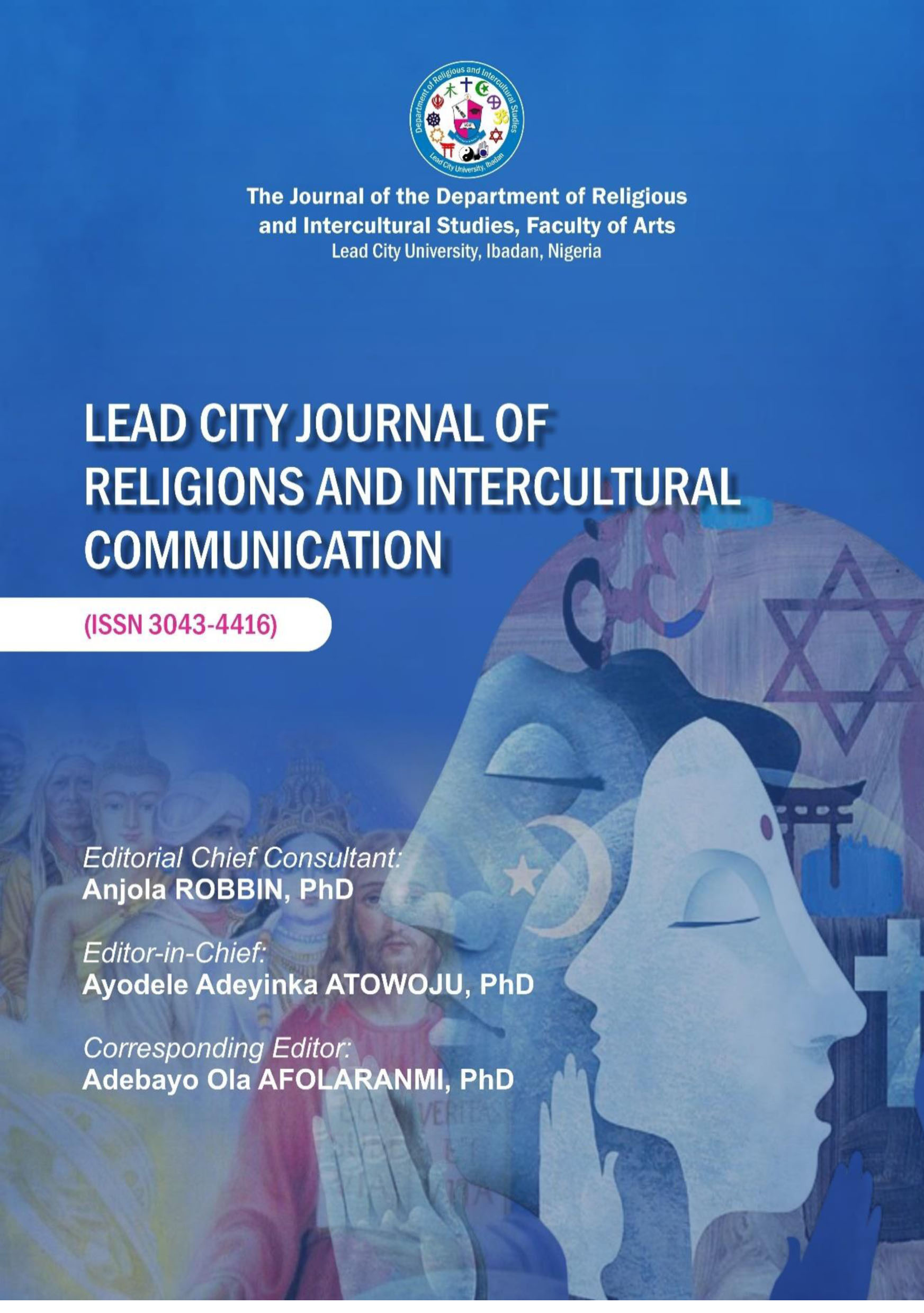Influence of Missiological Training on Trainers’ Competences and Christian Maturity in the Selected Mission Training Institutions in Southwest, Nigeria
Keywords:
Missiological Training, Trainers’ Competencies, Training Outcomes, Trained Missionary, Missionary TrainerAbstract
Globally, missionaries are supposed to receive prerequisite training to
help them navigate their mission engagement. However, some still
operate as if they are sent out unprepared. Despite some empirical
evidence on missiological training and practices among Christian
organisations in Nigeria, there seems to be little attention paid to the
influence of mission education on trainers’ outcomes. Therefore, this
study investigated influence of missiological training (MT) on trainers’
competences (TC) and Christian maturity among selected mission
training institutions in Southwest, Nigeria. Descriptive Survey Research
Design was adopted using Trainers’ Competence and Outcome
Questionnaire (TCOQ) r = .864. Population of the study involves all
mission training institutions and trainers, affiliated to Nigeria
Evangelical Missions Association (NEMA) with a total sample of 82
mission trainers selected from five NEMA- members. MT has a
significant influence on enhancing the trainers’ ability to conceive a well-
developed curriculum as rated by 70.7% of the respondents. Influence of
missiological training on: trainers’ language and culture learning
experiences was rated by respondents as 67.1%, on skills in cross-cultural
evangelism and church planting (75.6%), on discipleship and mentor
relationship skills (62.2%), ability to manage people with sensitivity
(67.1%) and on trainers’ wisdom and Interaction in cross-cultural and
diverse situations (70.7%), on trainers’ interdisciplinary knowledge (52.4%,); trainers' understanding of theological, socio-political,
economic, and ethnic realities (54.9%), understanding local political and
social situations (62.2%), keeping trainers updated on global mission
activities, and in keeping trainers updated on missiological thinking and
writing (65.9%). MT enhances trainers’ clearer understanding of Missio-
Dei was rated high by 85.4% of the respondents, 68.3% on enhancing a
shift in worldview, and 80.5% on recognizing that mission is a task for all
believers, and equipping for effective missionary training in different
contexts. The study concludes that influence of missiological training was
found to be significant on: trainers' capacity to effectively run mission
training programs, trainers’ Christian maturity, on trainers’ ministry
skills and experience, on trainers’ interdisciplinary knowledge, and on
trainers’ vision for mission training. Based on this study's findings, it is
highly recommended that more field missionaries should be encouraged
to step aside for a while to acquire further education

